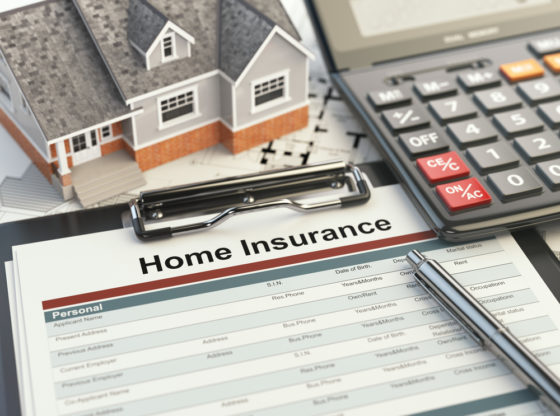Seniors, when the time comes to purchase a home insurance policy, how much should you pay? Trick question… the answer is, it depends! There’s no set formula that will indicate how much you’ll pay for home insurance at the age of 55 vs 57, or the age of 67 vs the age of 77. But, there are some discounts you’ll receive as a senior that we’ll cover below. First, let’s see what goes into calculating your home insurance rates.
Where you live
Where your home is located will greatly impact your home insurance rates. For example, if your zip code is a prime target for burglaries, expect your premium to be higher than in a gated community, with 24/7 security, and police driving around every night. The safety of your neighborhood, average age of families, who lives in the neighborhood, and the average cost of living (i.e. some big cities are more expensive to live in), will have a significant impact on your home insurance policy rates.
Your Claims History
File a claim every six months? Or, do you file a claim annually? Or, have you been with the same insurer for 20+ years and never filed a claim. These variables matter. If you file claims routinely or have filed several in the past, expect a higher quoted rate for your home insurance policy.
Home’s Value & Possession Value
Pretty obvious, right? A home valued at $750K is costlier to insure than a $100K home. The same goes with high-value items you own. That Porsche and Rolex are more expensive to insure than your Camry and solar-powered watch. The more valuable your items and your home, the more you can expect to pay to insure and protect them.
Credit History
Your credit affects everything, including your home insurance rates. So, try to maintain a good credit score, make payments on time, keep your credit utilization low, and you’ll see your rates/premiums drop as you get older.
And Now for the Savings
Okay, now that you know what causes rates to increase, how can you save as a senior? Some ways are
- A retiree discount (if you’re older than 50 and work fewer than 24 hours a week, you can qualify for up to 15% discount with some insurers)
- Bundling; if you have several insurance policies with one insurer, you’ll pay less per premium, including home insurance, with that insurer
- Safeguard your home: security systems, new carbon monoxide detectors, new smoke alarms, or even Green products in your home will bring rates down with several insurers
- Living in a gated community, being part of an HOA, or living in an area with plenty of cops/fire stations nearby, can also bring rates down (it’s considered a risk averse area where fewer threats occur, so you’ll pay less to insure your home)
- Join AARP or other senior benefits groups, or go through an insurer that is geared towards senior customers like the Hartford



